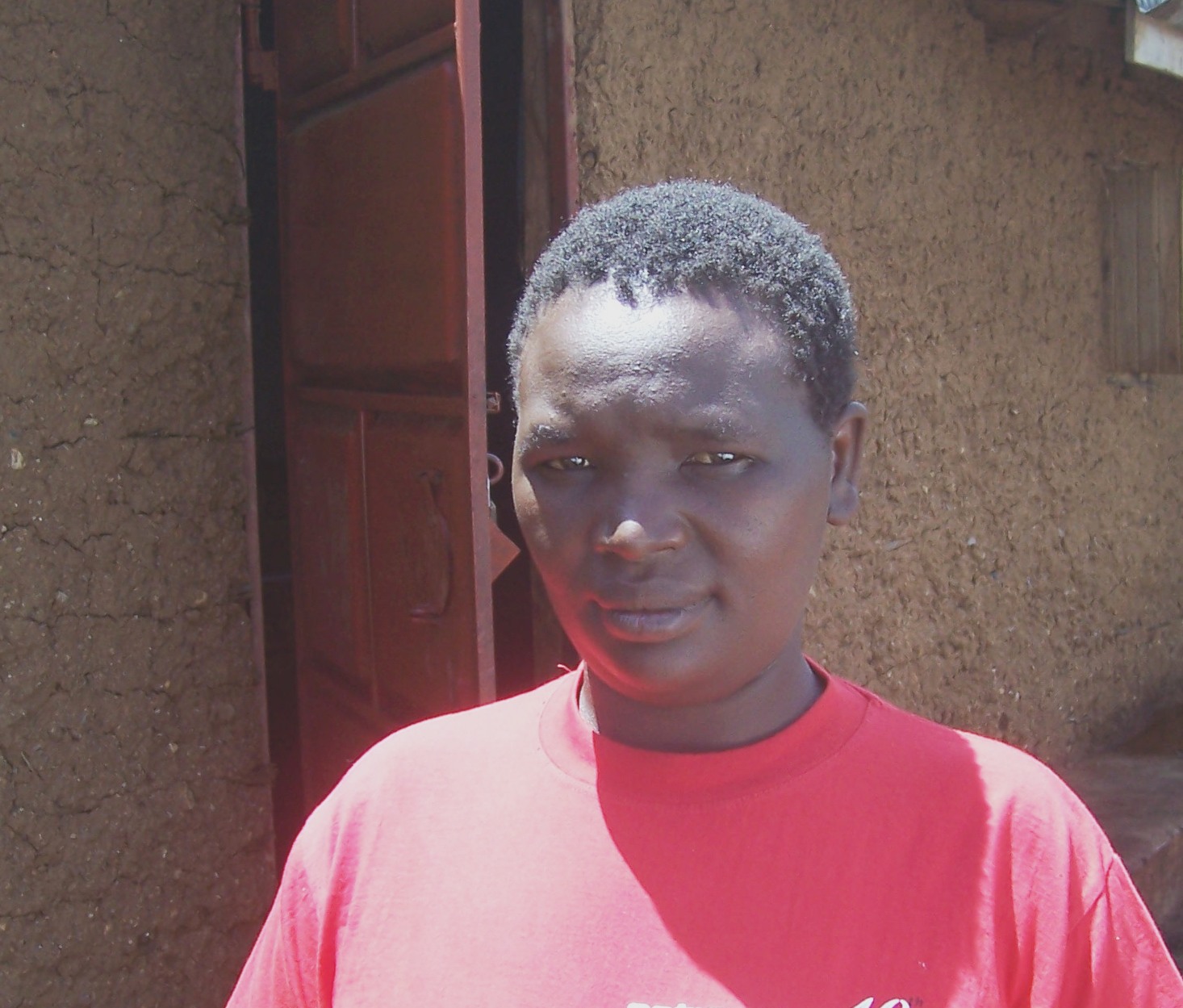In the process, however, SLDF engaged in rape, murder and the physical punishment of those in the region it saw as enemies, according to local human rights NGO the Independent Medico-Legal Unit. Hundreds of people were displaced.
The military intervened with “Operation Okoa Maisha” (Operation Save Lives), which left an estimated 1,000 people dead; 300 others went missing, amid allegations of torture committed by both sides.
Six years after the insurgency and the military intervention, Salome Matakwei, 38, the wife of SLDF leader Wycliffe Matakwei, who was killed by the army, told IRIN her story.
“Wycliffe kept on telling he was not happy with the way the land was distributed in Chebyuk settlement scheme, and he kept on telling me that he would do something about it.
“I didn’t know he was forming a militia group, but most of the time, he would be away from home telling me he was attending some important meetings, and I believed that the meetings were really important. I didn’t know they were meetings meant to plan how to kill people.
“He commanded people who killed others’ husbands and sons, and raped people’s wives.
“Many women, just like me, are now left widows. I am not sad that I am a widow, but I feel sad for the other women whose husbands were killed by the military and SLDF, because my husband is responsible for all of it.
“Some people still hate me and when I go to the market they talk and say I should not talk to them because it is my husband who knows why their husbands were killed. I am not bitter with them because he [my husband] took their husbands away by starting the war.
“I try to explain to them that I have nothing to do with it. I don’t even know how to organize a small fight. I couldn’t have helped my husband organize that conflict [insurgency].
“I don’t want to sit back and watch them suffer and now I have decided to form self-help groups, and through these groups we engage in income-generating activities like keeping livestock and chickens.
“These women need to put food on the table for the children left behind by their dead husbands.
“We also move around the community preaching peace. I live with some of the children whose parents were killed during the conflict and when the military came.”
ko/am/cb
This article was produced by IRIN News while it was part of the United Nations Office for the Coordination of Humanitarian Affairs. Please send queries on copyright or liability to the UN. For more information: https://shop.un.org/rights-permissions





